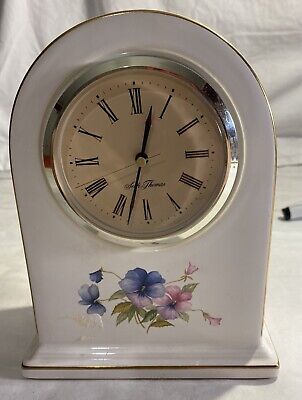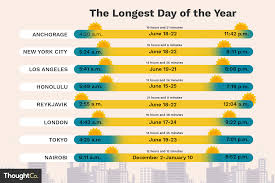Understanding the Evolution and Importance of Clocks

The Significance of Clocks in Modern Society
Clocks have evolved from simple sundials to sophisticated atomic timekeeping devices, playing a critical role in our lives. Their significance extends beyond merely telling time; they help us coordinate schedules, navigate our daily routines, and maintain societal order.
The Evolution of Timekeeping
The history of clocks dates back to ancient civilisations where sundials and water clocks were the primary timekeeping devices. The mechanical clock emerged in the Middle Ages, revolutionising how people organised their lives. By the 17th century, pendulum clocks were introduced, significantly improving accuracy. The 20th century saw the invention of quartz clocks, and later, atomic clocks, which are now the standard for measuring time precisely.
Current Trends in Clock Technology
Today, clocks come in various forms, from traditional wall clocks to digital smartwatches. The integration of technology has led to innovative designs and functionalities, such as synchronisation with the internet and smartphone connectivity. Furthermore, innovations like smart clocks are designed to assist with daily tasks, including setting reminders, playing music, and even controlling home automation systems.
The Impact of Clocks on Our Daily Lives
In our fast-paced world, the ability to measure and manage time is crucial. Clocks help maintain punctuality in both personal and professional settings. Mental health experts frequently note that time management is vital for reducing stress and enhancing productivity. Furthermore, understanding time zones and global clocks is increasingly important as the world becomes more interconnected through technology.
Conclusion: The Future of Clocks
As we look to the future, the role of clocks will not diminish; rather, it will evolve even further. With advancements in technology, we can expect more integration of timekeeping devices into our smart homes and lifestyles. Future innovations may include more intuitive designs and enhanced functionalities catering to our needs, thereby ensuring that we remain connected to the passing of time.




